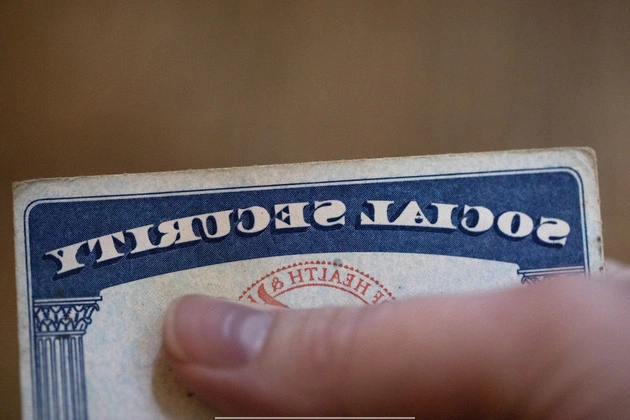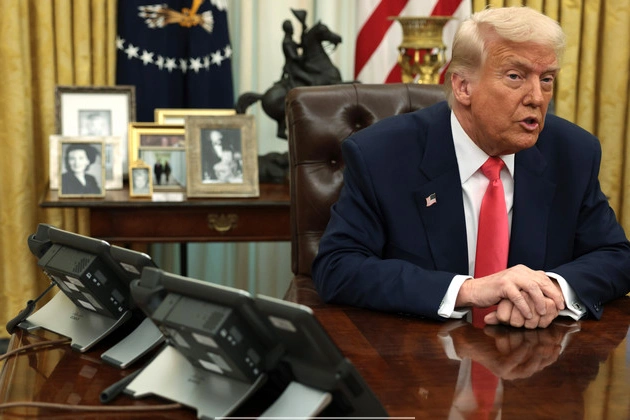
A federal judge has ruled that President Donald Trump’s blanket pardon for the rioters who attacked the Capitol on Jan. 6, 2021, does not cover a conspiracy by one defendant to kill the law enforcement officials who investigated him. Edward Kelley, convicted of the conspiracy last year, argued that Trump’s clemency for rioters should also cover his conviction since the targeted agents were linked to the Jan. 6 investigation.
Legal Interpretation of Pardon Scope
U.S. District Judge Thomas Varlan, appointed by George W. Bush, deemed that Kelley’s crime was too distant from the Jan. 6 riot to qualify for Trump’s pardon. Varlan’s ruling contradicted the Justice Department’s stance on Kelley but underscored the need for courts to interpret the scope of Trump’s pardon due to conflicting government positions.
Expanding Pardon Reach
The Justice Department has sought to extend Trump’s clemency to unrelated offenses, such as felonies for possessing illegal firearms discovered during FBI investigations. Defendants like Benjamin Martin and Jeremy Brown received reprieves based on the broad pardon, while others like David Daniel and Taylor Taranto were excluded.
Varlan’s decision, while aligned with the Justice Department on Kelley, emphasized the evolving interpretations of Trump’s pardon across different courts. The administration’s shifting positions have led to legal debates about the extent and applicability of the blanket clemency.
Judicial Scrutiny of Pardon Terms
Courts nationwide have grappled with the nuances of Trump’s pardon, with some judges questioning its coverage of offenses unrelated to the Capitol attack. The 9th Circuit Court of Appeals and the 4th Circuit Court of Appeals have both raised concerns about the breadth of the pardon, highlighting the need for clarity on its boundaries.
Despite efforts to broaden the reach of Trump’s pardon, the administration’s exclusion of certain defendants underscores the complexities of applying a sweeping clemency order. Legal challenges and judicial scrutiny continue to shape the interpretation and enforcement of the Jan. 6 pardon.















